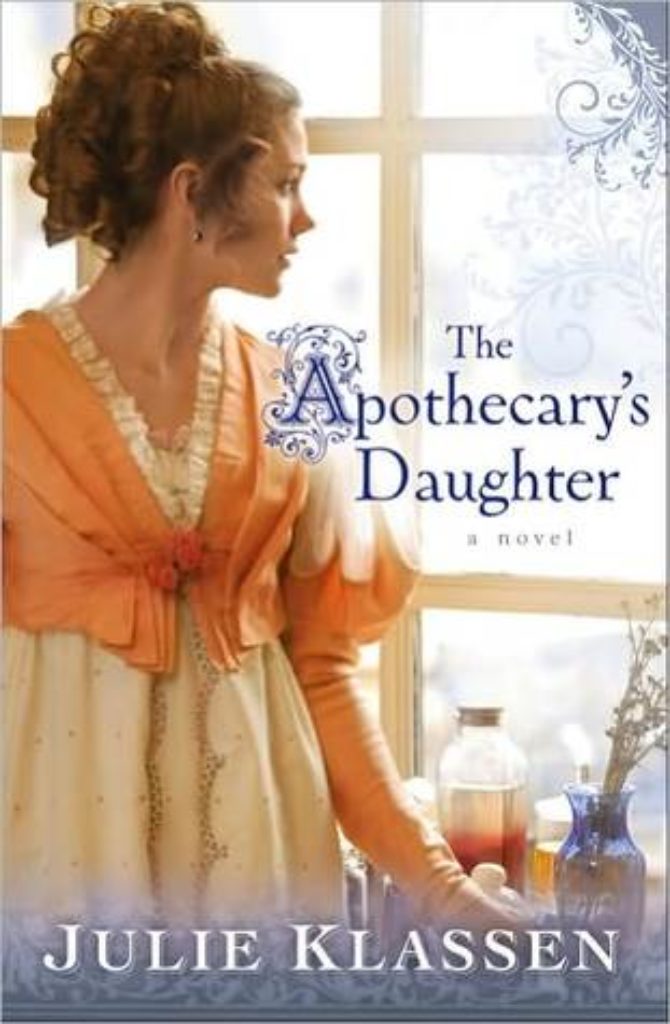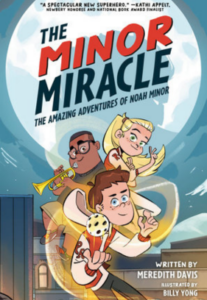This review was created by the editorial staff at Thriving Family magazine
This historical romance book by Julie Klassen is written for ages 16 and up and is published by Bethany House Publishers. The age range reflects readability and not necessarily content appropriateness.











